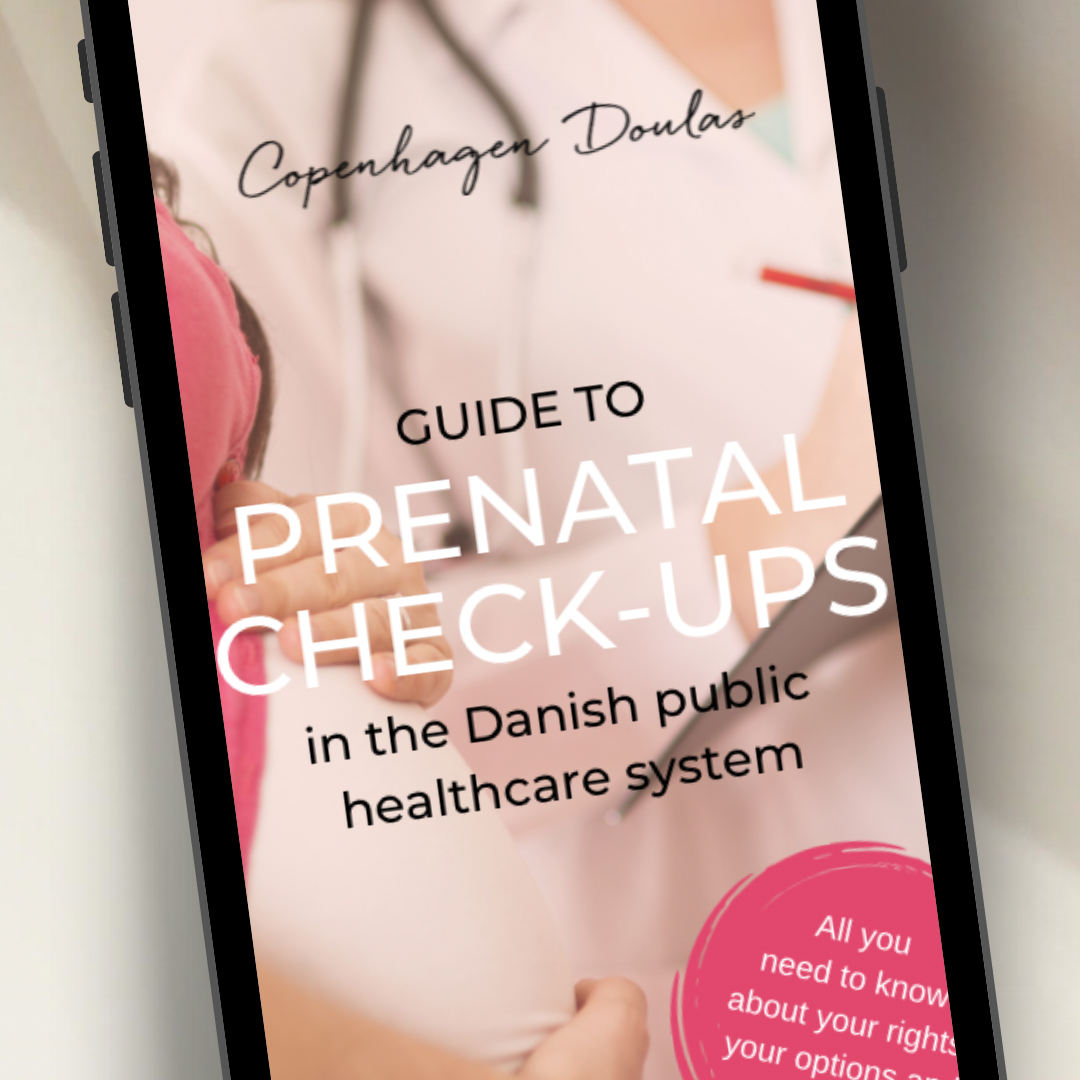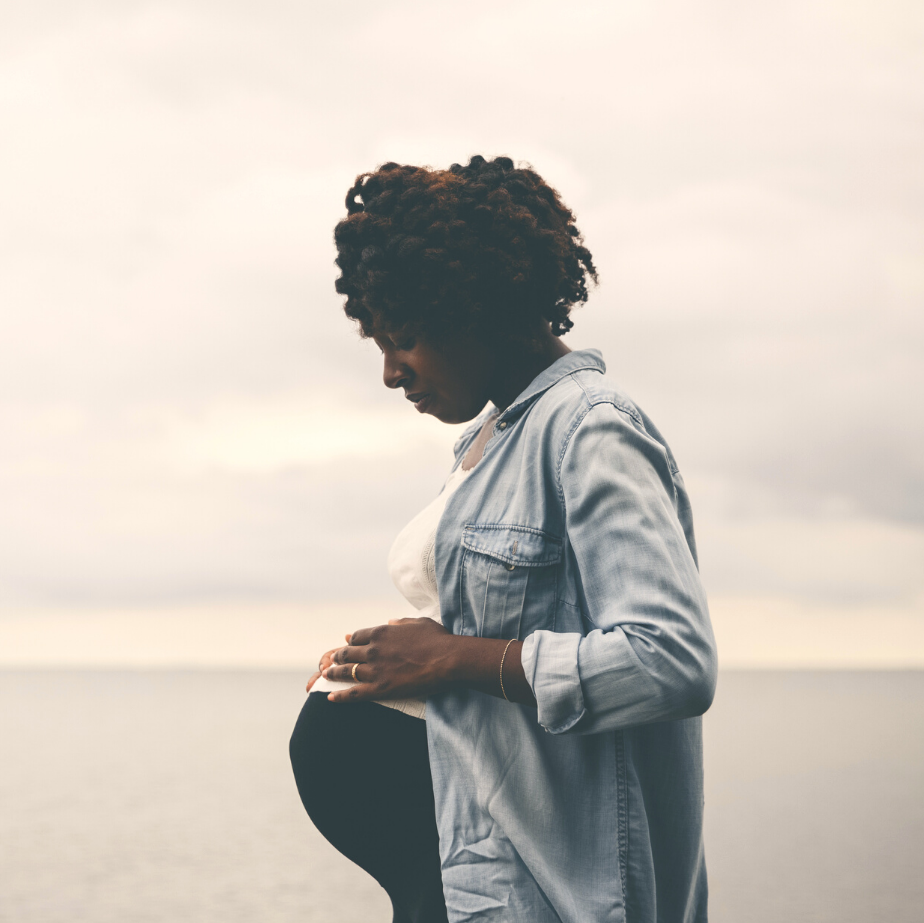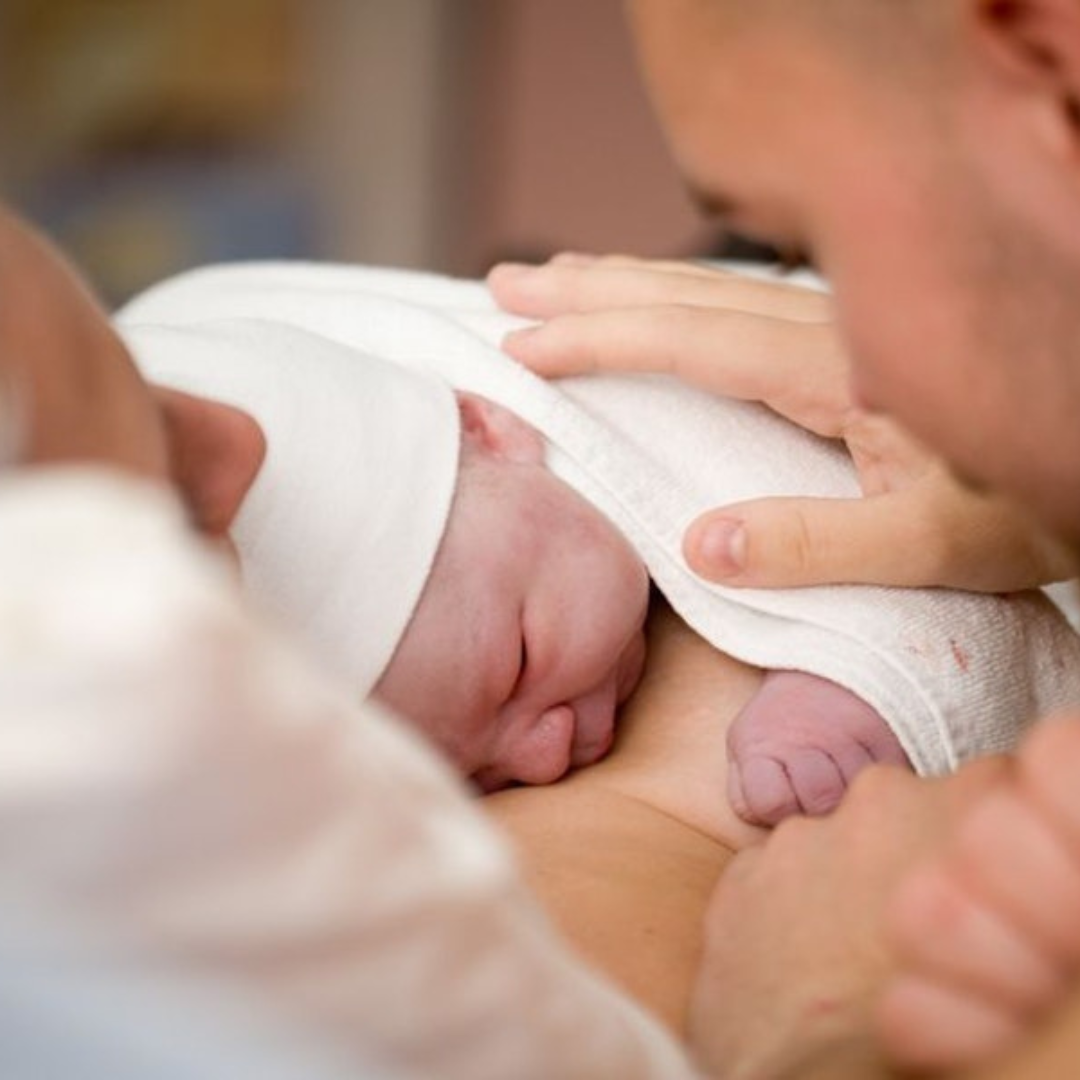
Pregnancy Guide
All you need to know about your rights, your options
and what is offered during pregnancy in the
Danish public healthcare system.
Pregnancy Guide
E-book for parents expecting a baby in Denmark
IN this guide we focus on the prenatal check-ups offered by the public healthcare system here in Denmark—what to expect from them and how to navigate them—and we provide a basic introduction to your rights and options.
As women, mothers and birth keepers we feel very passionately that you should be able to know your options and rights—what you can ask for. In our experience these options and rights can sometimes be hard to understand.
We have worked as childbirth educators and doulas for more than 20 years, and we have often seen expecting expats and parents-to-be who are new in Denmark find it difficult to navigate our public healthcare system.
We know that even in a country where almost everyone is comfortable having conversations in English, you can still find that information gets lost in translation.
So, we hope that this guide will help you to get the best out of the public healthcare system in Denmark during your pregnancy.
I really appriciate the detailed overview of the entire process from start to end of pregnancy and the guidance on what to ask the midwife.
I also found the part about my rights as patient and the chapter about informed consent really useful – it really empowered me to understand this.
It is a very informative book, very well explained where you can find all the options you can get. When you live in a foreign country where you don’t know how the health system works, having a guide like this is really helpful.
Cant’ recommend this enough to everyone new to the Danish health system. Thanks for putting this together.
I really liked the overview of the consultations with the midwife/prenatal check-ups and ultrasounds, so I can already mentally prepare for what to expect.
You may also want to…
Studies show that the presence of a doula during birth results in shorter births,
fewer interventions, and less need for medical pain-relief amongst other things.
Hodnett et al 2012 & Evidence Based Birth 2017



